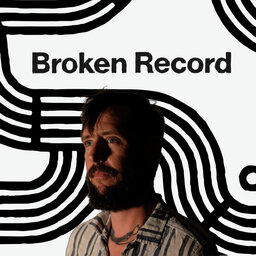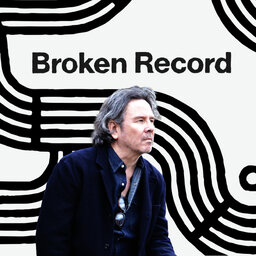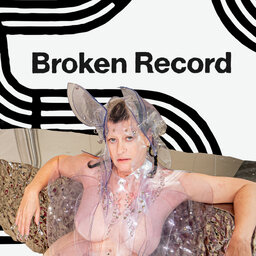Moby Reprised
Moby may be one of the most highly recognizable dance-music artists of all time, but he’s also a talented multi-hyphenate whose unconventional 30-year career includes massive success as a producer and DJ, and notoriety as an animal rights activist. Moby’s latest project, Reprise, is a greatest hits album that revisits the highlights of his extensive catalogue. Recorded with the Budapest Art Orchestra and various vocalists like Jim James, Moby’s most well known electronic songs are reimagined on Reprise into sparse, soul-stirring compositions.
On today’s episode we’ll hear Rick Rubin and Moby reminisce about their early punk rock days in New York City, and the first time Moby ever heard house music while dancing in a club basement next to Prince. Moby also talks about what it was like to be buddies with David Bowie, getting sober, and why he decided to sell the big fancy castle he lived in all by himself.
Subscribe to Broken Record’s YouTube channel to hear all of our interviews: https://www.youtube.com/brokenrecordpodcast and follow us on Twitter @BrokenRecord
You can also check out past episodes here: https://brokenrecordpodcast.com
Check out a playlist of Moby's early influences from the NYC club scene HERE.
Learn more about your ad-choices at https://www.iheartpodcastnetwork.com
 Broken Record with Rick Rubin, Malcolm Gladwell, Bruce Headlam and Justin Richmond
Broken Record with Rick Rubin, Malcolm Gladwell, Bruce Headlam and Justin Richmond


